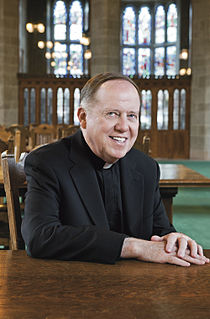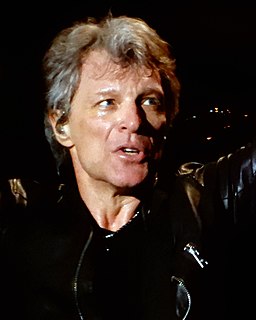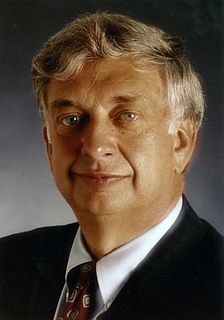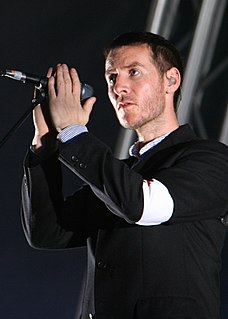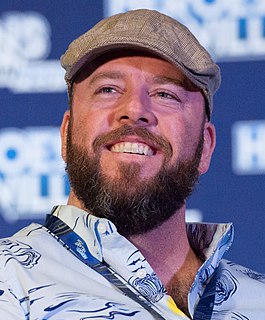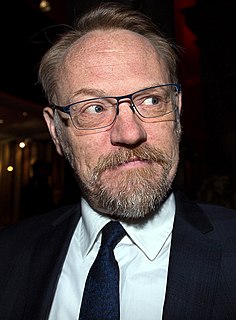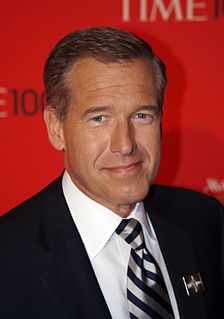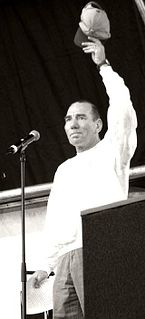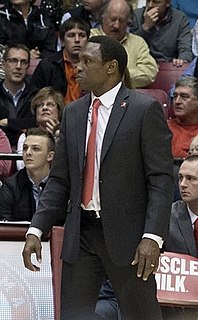A Quote by William P. Leahy
We've always had issues up for discussion at Catholic universities.
Quote Topics
Related Quotes
Part of China's strategic planning is to make their universities among the top level of the world, and I think they understand you can't do that without the adoption of some of the principles of the great universities in the West; one of those is the ability to have free expression and discussion in the classroom.
Insofar as theology is an attempt to define and clarify intellectual positions, it is apt to lead to discussion, to differences of opinion, even to controversy, and hence to be divisive. And this has had a strong tendency to dampen serious discussion of theological issues in most groups, and hence to strengthen the general anti-intellectual bias.
Do I address issues of the spirit, of the soul, in my work? Yes, definitely. As for being a Catholic poet, I was born in, and into, Catholicism - Eastern Rite Maronite and Melkite Catholicism. Not being Catholic has never been a choice for me - it's in my family, my ancestry, going back centuries. Catholicism, for me, is always here.
I grew up in a deeply Catholic home. Our parents always encouraged us to march to our own drums, though, so some of us are still Catholic and some are not. That's always going to be a part of me though; little bits of it trickle into my work. Whether it's an embrace or a rejection, I'm not always sure, but I can't avoid it.
Growing up in New Orleans, my mom and dad were churchgoers. I would go to church with them. Also, I was going to a Catholic school so I had a fascination with the Catholic Church mainly because, in my mind, (their services) didn't take as long. I was bouncing in between my mom's Baptist church, which was called Second Zion Baptist, and going to a Catholic Church.
